Each good parent does their best to make sure that their kid grows up happy and successful. As it turns out, friendship plays a key role not only in the overall well-being of a person but it brings satisfaction in people’s lives and even helps them live longer.
We at Bright Side decided to see what parents can do to help their children do well in this crucial sphere of life.
1. Popularity can be different.
When we think about popularity at school, we tend to remember “cool kids” (think Regina George on Mean Girls), but that’s just one type — status. Trying to move higher in the school hierarchy, children and teenagers can engage in dangerous activities or be aggressive — in addition, status-obsessed people might grow up to have relationship problems.
Another type of popularity is likability. According to psychologist Mitch Prinstein, kids who are liked by others lead quietly, help others, and cooperate. This type of popularity that is based on good interpersonal relationships helps later on in life: research shows that these children earn more when they grow up.
2. Think about your experience.
Parents can help their kids become more likable because this trait develops largely thanks to parenting style. First, remember your school years. If you have some unprocessed trauma, it might influence your kid negatively. Studies show that parents whose teenage years were marked by hostility, don’t consider their kids’ relationships very much, and don’t interfere when necessary.
What you can do: Analyze your relationships in childhood and teenage years. If you felt lonely or anxious, make sure you’ve processed those feelings so they don’t interfere with the way you view your child’s friendships.
3. Careful with criticism.
Being overly critical of your child might make them more aggressive and cause behavioral problems. This also makes kids less likable by their peers because it affects their relationships in a bad way. Since qualities like kindness and being cooperative are picked up from role models, it is a good idea to show these patterns in the way you treat others.
What you can do: Try to manage your reactions as well as you can when your child is around to avoid anger toward not only them but other people too.
4. Emotional control is key.
To have more meaningful friendships, a kid should be able to control their emotions well. It doesn’t mean repressing them, it’s quite the opposite, actually. Children “act out” when they need to express something but can’t. Empathy goes a long way here — this way a child learns that even if a feeling isn’t good, it’s not dangerous, their parents are there to listen to them and help.
What you can do: Do your best to make your child feel heard, and help them deal with the emotions they experience, especially the negative ones.
5. A little involvement won’t hurt.
Studies have shown that parents’ involvement in kids’ friendships can have both good and bad outcomes. For example, it’s a good idea to arrange playdates for younger children, but as they grow up, it’s better for them to manage their relationships on their own. On the whole, research has proven that excessive psychological control might destroy children’s friendships.
What you can do: Help your younger children meet more friends, but try to interfere less and only if necessary as they grow up.
6. Teach them to love themselves first.
According to research, kids’ self-esteem plays a key role when it comes to their popularity. Psychologist Mitch Prinstein believes that we need to learn how to react to bad things happening in our lives, and not blame ourselves (“I failed because I’m not smart enough”), but the situation and circumstances (“I didn’t have enough time to prepare for the test”).
What you can do: Teach your child responsibility, but remember that always taking the blame is far from being a healthy response to negative events.
7. Secure your attachment.
Coming back to the idea that children copy the way they communicate with their peers from the way parents communicate with them, attachment style comes into play. According to researchers, parents should strive for secure attachment. This means that the kid feels confident enough to explore the world on their own but knows at all times that their parents are there for them.
What you can do: Check out the attachment styles below and make sure yours is secure.
Bonus: Check your attachment style.
- Secure attachment. This attachment style is the perfect one. The parents are available and accepting, they hear their children’s needs, and they are there to protect them if needed. When the kids grow up, they have healthy self-esteem and good relationships.
- Anxious-insecure attachment. This type involves irregular care on the parents’ part and, as a result, the child can’t rely on them fully. This lack of protection leads to the child being angry and needy, they might also develop trust issues.
- Avoidant-insecure attachment is characterized by parent failing to comfort a child when they need it. Instead, the adults disregard their children’s feelings and refuse to help. In this case, kids learn to repress their emotions and only rely on themselves when they have difficulties.
- Disorganized-insecure attachment can be developed if a parent responds inadequately to the child’s needs, for example, rejects or frightens them instead of helping. This behavior is usually caused by an unresolved trauma in the parent’s past. If a child develops this type of attachment, they might become aggressive or reject the parent.
What were your friendships like when you were a child? Did anything change in your teenage years?
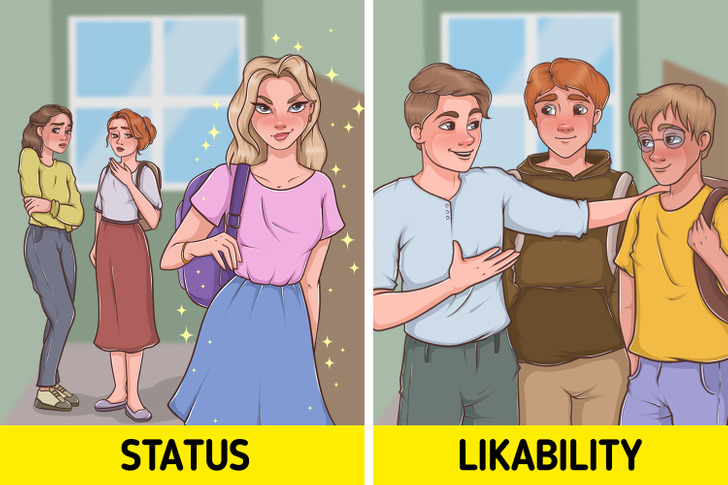
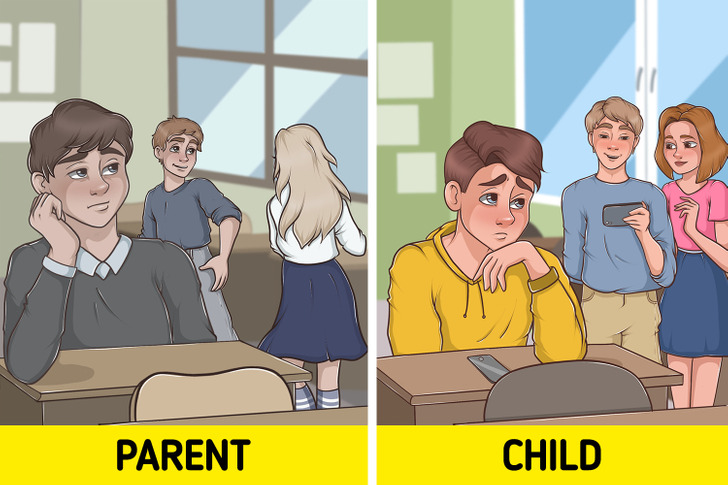
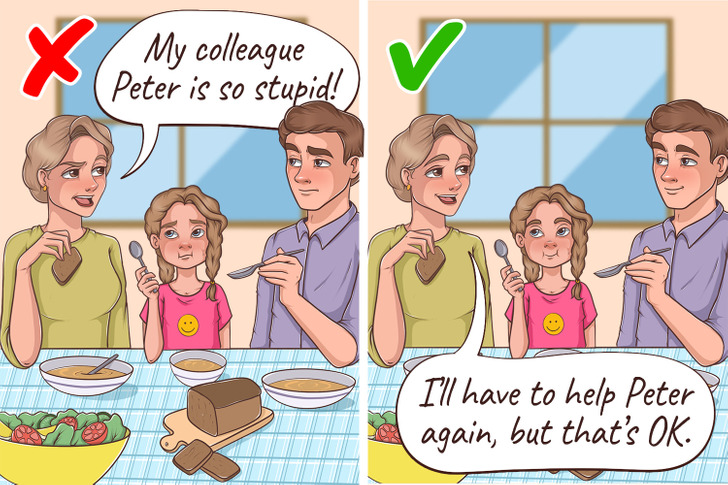
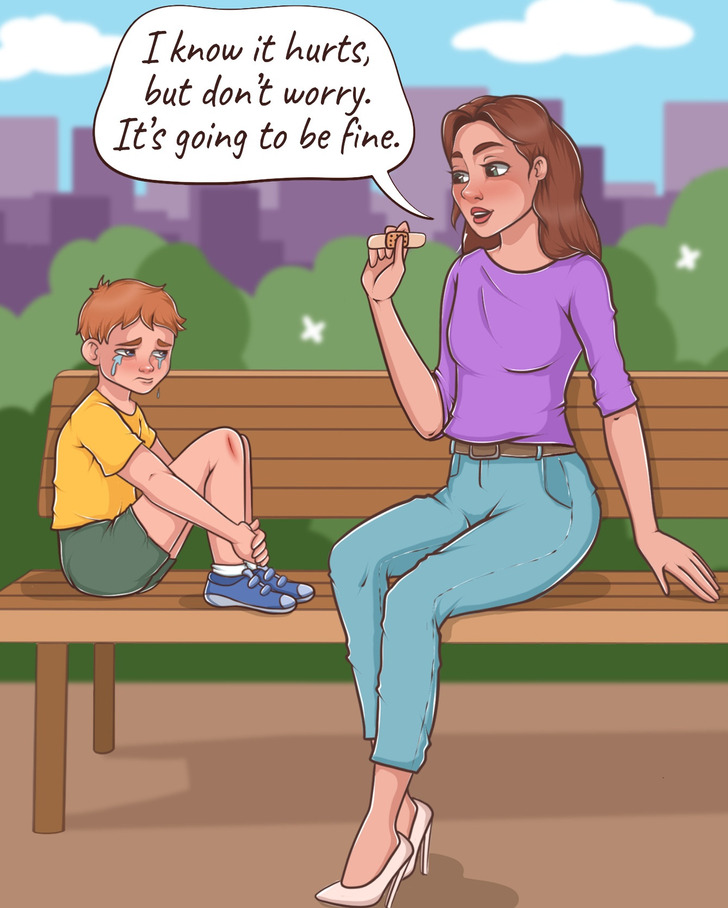
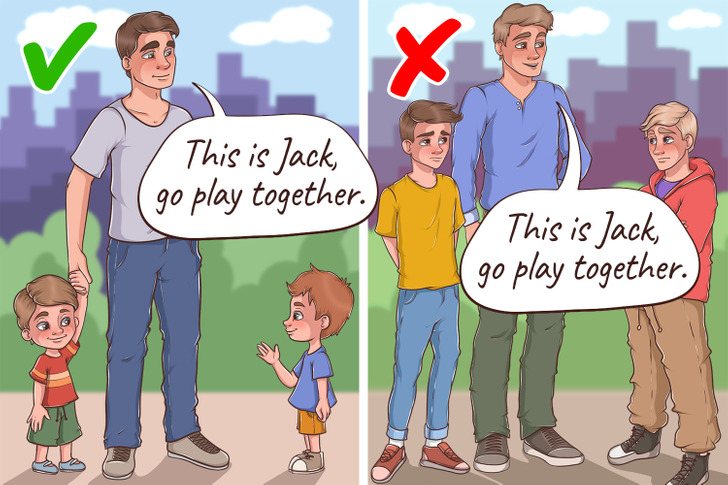
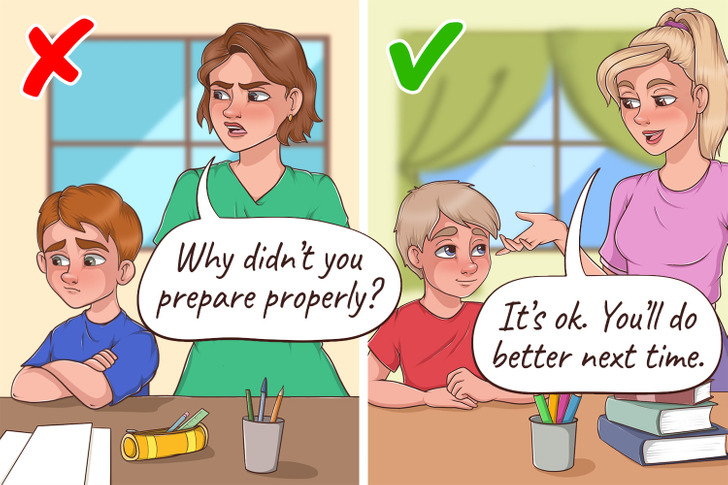
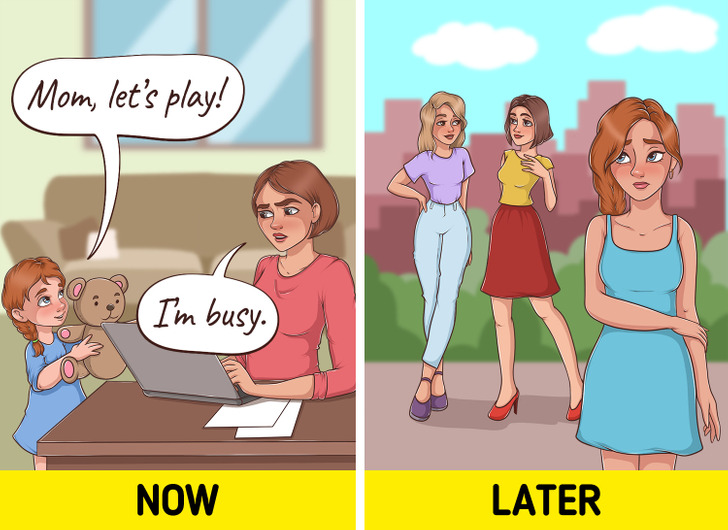
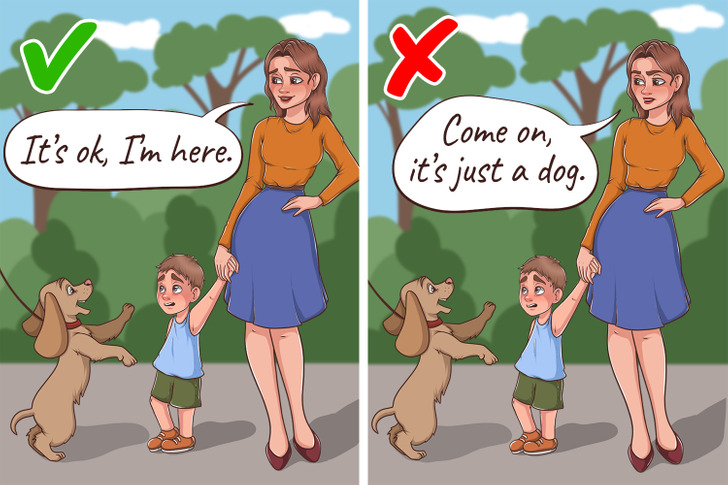




0 comments:
Post a Comment